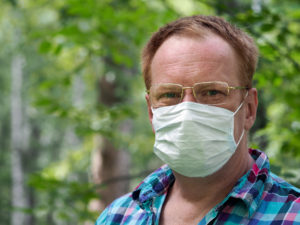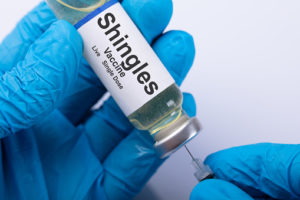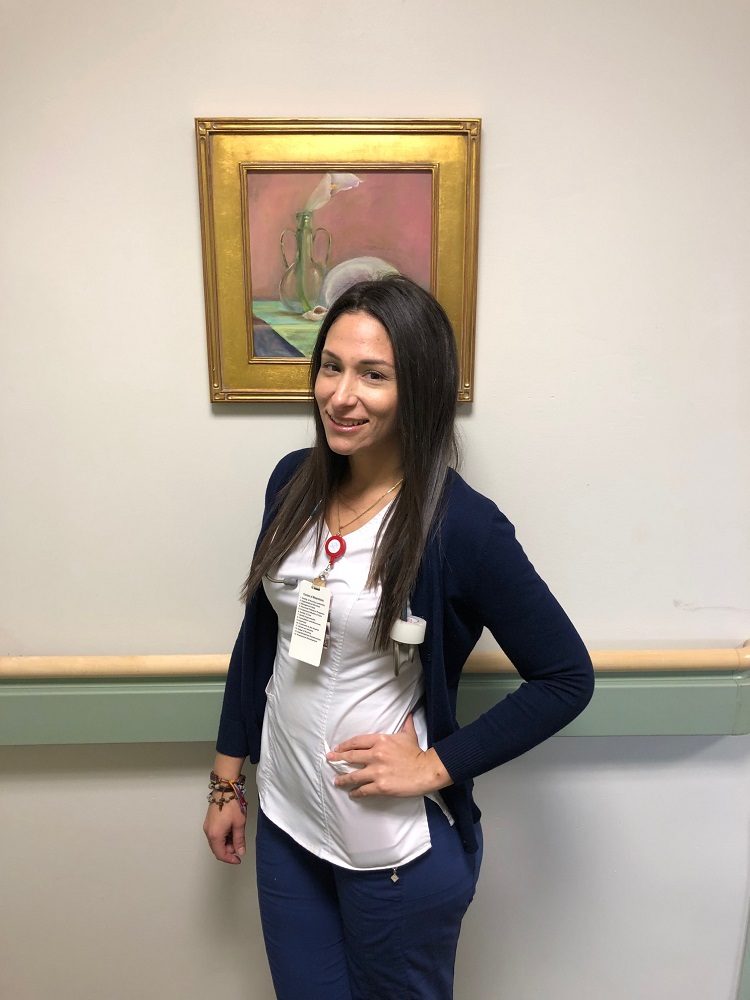Walking pneumonia is a very mild case of pneumonia, with very mild symptoms not much different than a common cold.. It is caused by the Mycoplasma pneumoniae bacteria, and most commonly seen during the late summer, though it can occur at any time of the year. People who are most susceptible are young children and adults under the age of 40. Also people living in close quarters such as dormitories, military barracks and nursing homes are at higher risk
Walking pneumonia is considered to be contagious and is typically spread by coughing and sneezing. A person who has it can be contagious for as many as 10 days.
The symptoms of walking pneumonia include:
• Chest pain when taking deep breaths
• Coughing
• Fatigue
• Headache
• Sore throat
There are a few things a person can do to help lower their chances of getting walking pneumonia. Frequently washing your hands with soap and water is always a good idea as is eating a balanced diet, and getting sufficient sleep every night. It is important to dress appropriately for inclement weather which can make you more susceptible to lowered resistance and to cover your mouth when you cough or sneeze and ask others around you to do the same. Not smoking will also help.
Treating walking pneumonia requires drinking lots of fluids and getting as much rest as possible. Your doctor may prescribe an antibiotic if they feel it is necessary. Most people start to feel better after four or five days but there are some people who have a cough that can last for weeks.
If you are experiencing symptoms of walking pneumonia, you should see your physician for appropriate treatment options. If you would like to schedule an appointment with a physician at Flushing Hospital Medical Center, please call 718-670-5486.
All content of this newsletter is intended for general information purposes only and is not intended or implied to be a substitute for professional medical advice, diagnosis or treatment. Please consult a medical professional before adopting any of the suggestions on this page. You must never disregard professional medical advice or delay seeking medical treatment based upon any content of this newsletter. PROMPTLY CONSULT YOUR PHYSICIAN OR CALL 911 IF YOU BELIEVE YOU HAVE A MEDICAL EMERGENCY.










